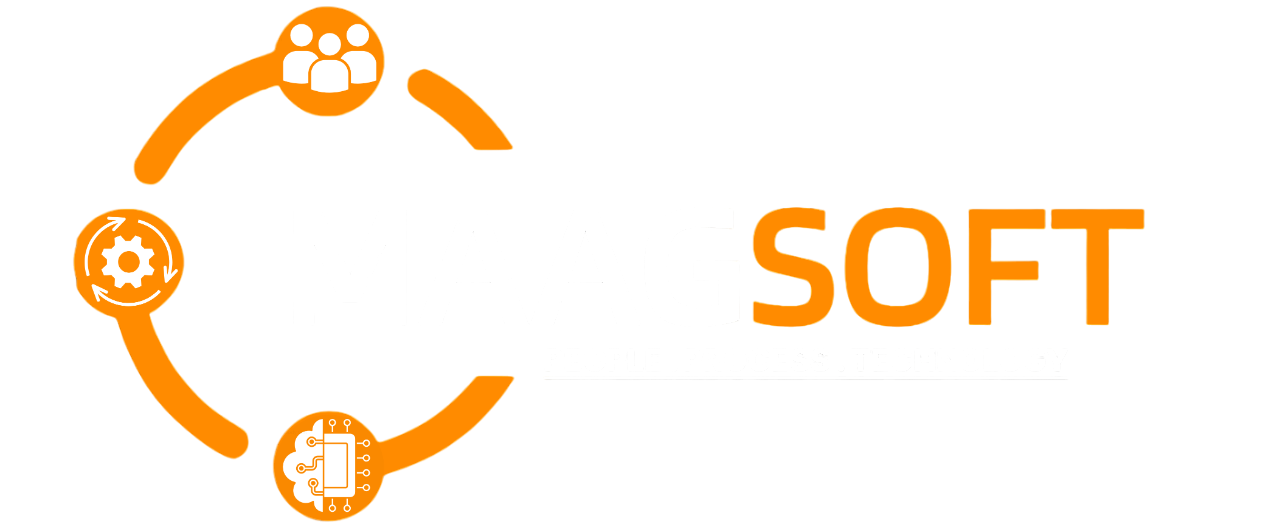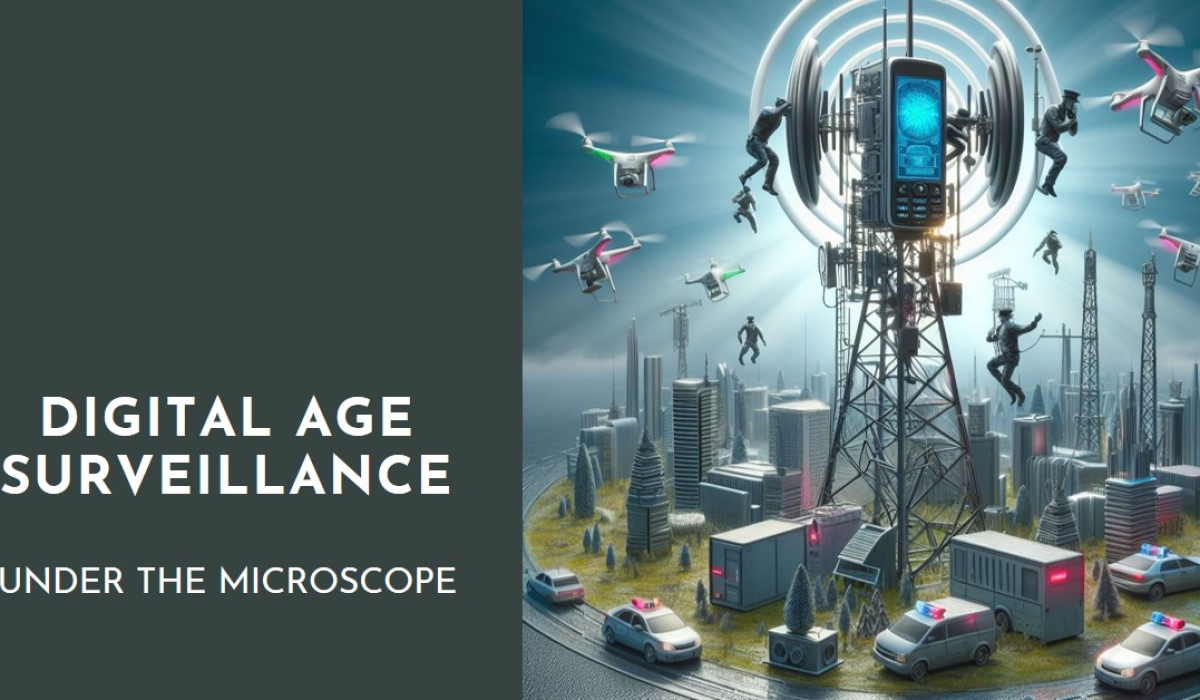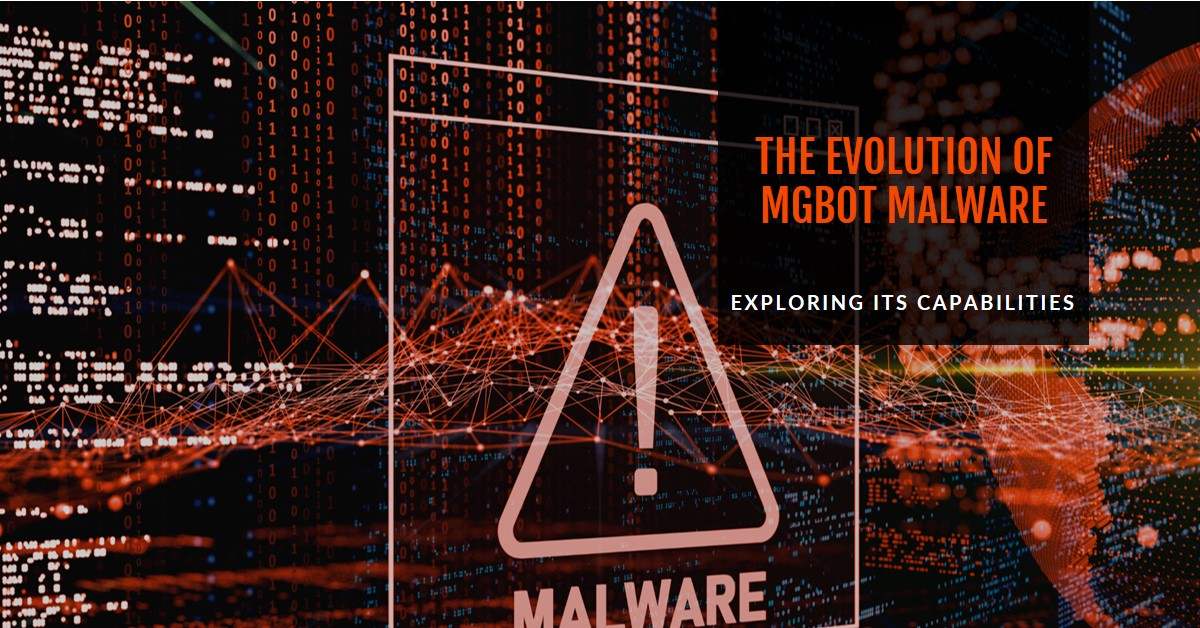
Our phones have become an extension of ourselves, holding not just conversations, but a treasure trove of personal information. But have you ever stopped to think about how secure those calls and messages truly are? Phone surveillance, the monitoring of phone activity, is a growing reality in the digital age, blurring the lines between security and privacy. Understanding how it works, the ethical considerations, and the potential impact on our lives is crucial for navigating this complex landscape. So, let’s delve into the world of phone surveillance and explore how it affects us all.
The Evolution of Phone Surveillance:
Phone surveillance has a long and winding history, evolving alongside technological advancements. We’ve gone from the days of physically wiretapping phone lines, a technique depicted in countless spy films, to the era of sophisticated digital monitoring.
In the early days, phone surveillance required significant physical access and manpower. Law enforcement and intelligence agencies would target specific lines, intercepting conversations in real-time. This process was intrusive and left a clear physical trace.
However, the invention of mobile phones and the rise of the digital age ushered in a new era of surveillance. With the shift to cellular networks, phone calls became digital data packets, easily intercepted and analyzed. Additionally, the explosion of smartphone features, from location tracking to app usage, created a vast amount of data ripe for monitoring. Today’s digital monitoring can be automated and far-reaching, capturing not just calls and texts, but also browsing history, location data, and even app activity.
How Phone Surveillance Works: Unveiling the Hidden Tools
The methods used for phone surveillance can be complex, but understanding the basic principles empowers you to protect yourself. Here’s a glimpse into some of the commonly used tools:
- IMSI Catchers: Imagine a fake cell phone tower. These devices, known as IMSI (International Mobile Subscriber Identity) catchers, mimic real towers, tricking phones in the vicinity to connect. Once connected, the catcher can intercept calls, texts, and even steal phone data.
- Spyware: This malicious software can be installed on your phone, often through deceptive links or downloads. Once installed, spyware can silently record calls, track your location, and steal your messages and browsing history.
- Data Interception Techniques: Mobile network operators have the capability to collect vast amounts of data on their users, including call logs, location data, and internet activity. In some cases, law enforcement agencies can obtain this data with or without a warrant, depending on the legal framework in your country.
Legal and Ethical Tightropes:
The legal landscape of phone surveillance varies widely across the globe. Some countries have strict regulations requiring warrants for most forms of interception, while others allow for broader government access. Understanding these differences is crucial, especially in today’s interconnected world.
- The Legal Labyrinth: Laws governing phone surveillance can be complex and nuanced. Some countries require warrants for all forms of interception, while others allow for broader access in specific situations like national security threats. International agreements further complicate the picture, allowing for data sharing between countries with varying legal frameworks.
- A Global Conversation: The ethical implications of phone surveillance spark heated debate. Proponents argue it’s a vital tool for national security and crime prevention. Opponents raise concerns about privacy rights, the potential for abuse, and the chilling effect on free speech and dissent.
- Privacy Under the Microscope: The vast amount of personal data collected through phone surveillance raises serious privacy concerns. Who has access to this data? How is it stored and secured? These are critical questions that demand transparency and accountability from governments and telecommunication companies.
Impact on Privacy and Security:
Phone surveillance’s impact on our lives is a double-edged sword. While it holds the promise of increased security, it also poses significant threats to privacy and security in unexpected ways.
Privacy Under Siege:
- Constant Scrutiny: The feeling of being constantly monitored can lead to self-censorship and a reluctance to engage in free expression. This can stifle creativity and hinder open discourse.
- Erosion of Trust: Widespread surveillance can erode trust in institutions and sow suspicion among citizens.
- Targeted Discrimination: In the wrong hands, access to personal data can be used for discriminatory practices, from job applications to insurance rates.
Security Risks Unmasked:
- Data Breaches: The vast amount of data collected through phone surveillance creates a tempting target for hackers and criminals. A data breach could expose sensitive information and lead to identity theft or financial loss.
- Misuse of Power: Surveillance capabilities, if not subject to robust oversight, can be misused for political gain or to silence dissent.
- False Sense of Security: Reliance on surveillance can create a false sense of security, potentially leading to a decrease in personal vigilance and cybersecurity practices.
Protecting Yourself from Unwanted Surveillance
In today’s digital age, taking steps to protect your privacy from phone surveillance is empowering. Here are some practical tools and techniques to consider:
- Encryption is Your Friend: Look for apps and services that offer end-to-end encryption. This scrambles your communication, making it unreadable even if intercepted. Popular encrypted messaging apps include Signal and Telegram.
- VPNs: Tunneling for Privacy: A Virtual Private Network (VPN) encrypts your internet traffic and routes it through a remote server, masking your location and online activity from potential snoopers.
- App Selectivity: Be mindful of the permissions you grant to downloaded apps. Only install apps from trusted sources and avoid granting unnecessary access to your data like location or microphone.
- Password Power: Use strong, unique passwords for your phone and all your online accounts. Consider using a password manager to help you create and manage complex passwords.
- Beware the Click: Phishing scams and malicious links can be used to install spyware on your phone. Be cautious of clicking on unknown links or downloading attachments from unverified sources.
- Keep it Updated: Regularly update your phone’s operating system and apps. These updates often include security patches that can help protect against vulnerabilities used for surveillance.
- Privacy Settings Matter: Many apps and social media platforms offer privacy settings that allow you to control what information is shared and who can see it. Take advantage of these settings to limit your digital footprint.
- Be Aware of Your Surroundings: While digital tools are helpful, be mindful of your physical surroundings. Avoid discussing sensitive information in public places where someone could potentially eavesdrop.
The Future of Phone Surveillance:
The future of phone surveillance promises both advancements and challenges. Here’s a glimpse into what may lie ahead:
- Technological Leapfrogs: Facial recognition, artificial intelligence, and ever-more sophisticated data analysis tools will likely become even more integrated with phone surveillance. This raises concerns about automated monitoring and potential biases within AI algorithms.
- Evolving Legal Landscapes: Legal frameworks will continue to grapple with the ethical and practical implications of these new technologies. International cooperation and clear regulations will be crucial in addressing the global nature of phone surveillance.
- Privacy vs. Security: The Constant Dance: The ongoing debate between security and privacy will intensify. Finding the right balance requires open discussions, public education, and robust oversight mechanisms to ensure responsible use of surveillance technologies.
The Bottom Line: Finding Common Ground
As phone surveillance continues to evolve, so too must our approach to safeguarding privacy and security. Here are some key takeaways:
- Knowledge is Power: Educating yourself about phone surveillance methods and your rights is essential.
- Embrace Privacy-Enhancing Tools: Utilizing encryption, VPNs, and privacy-focused apps empowers you to take control of your digital footprint.
- Demand Transparency and Accountability: Hold governments and tech companies accountable for responsible data collection and usage practices.
The Phone in Your Pocket – More Than Just Calls
In today’s digital world, our phones hold a treasure trove of personal information, making them prime targets for surveillance. Understanding how phone surveillance works, its legal and ethical complexities, and its impact on our lives is crucial for navigating this ever-evolving landscape.
By understanding the tools and techniques used, we can take proactive steps to protect our privacy. Encryption, VPNs, and privacy-conscious practices empower us to control our digital footprint.
The future of phone surveillance hinges on our collective voice. We must advocate for clear legal frameworks, hold institutions accountable, and demand transparency in data collection practices.
Don’t let your phone become a window into your privacy. Stay informed, engage in the conversation, and take control of your digital life. Remember, a more secure and private future starts with awareness and action.
At Maagsoft Inc, we are your trusted partner in the ever-evolving realms of cybersecurity, AI innovation, and cloud engineering. Our mission is to empower individuals and organizations with cutting-edge services, training, and AI-driven solutions. Contact us at contact@maagsoft.com to embark on a journey towards fortified digital resilience and technological excellence.





